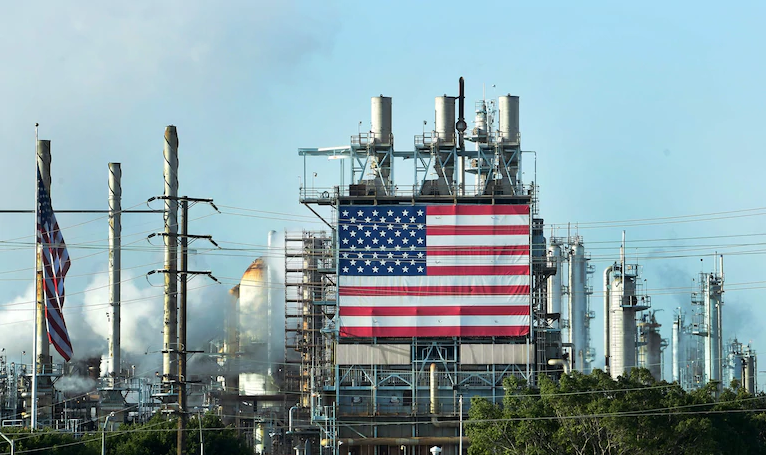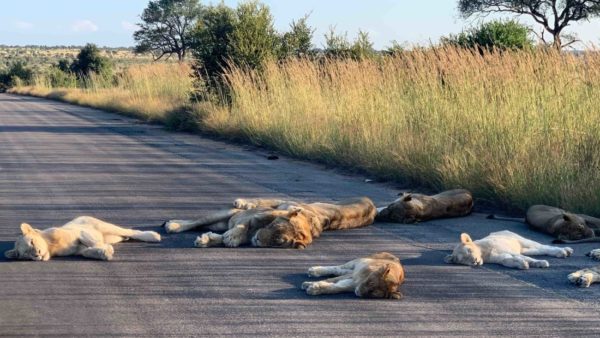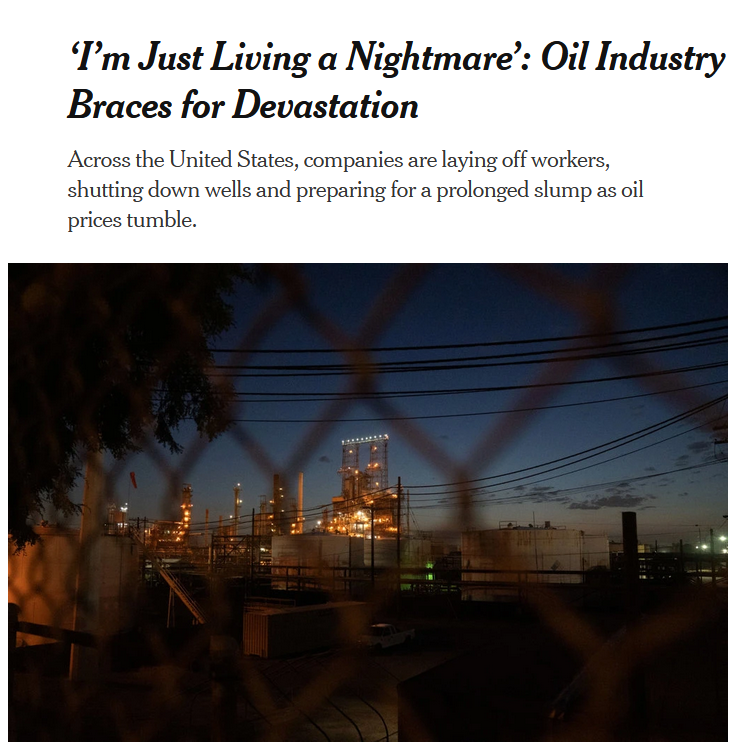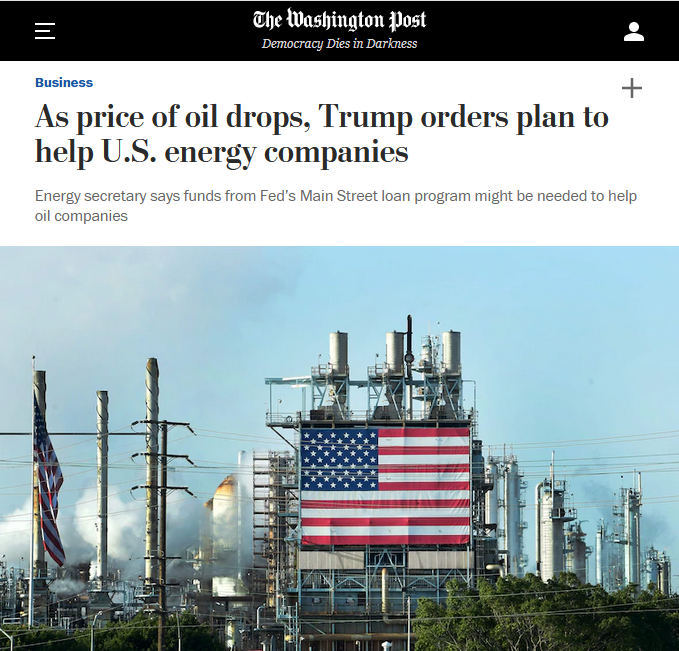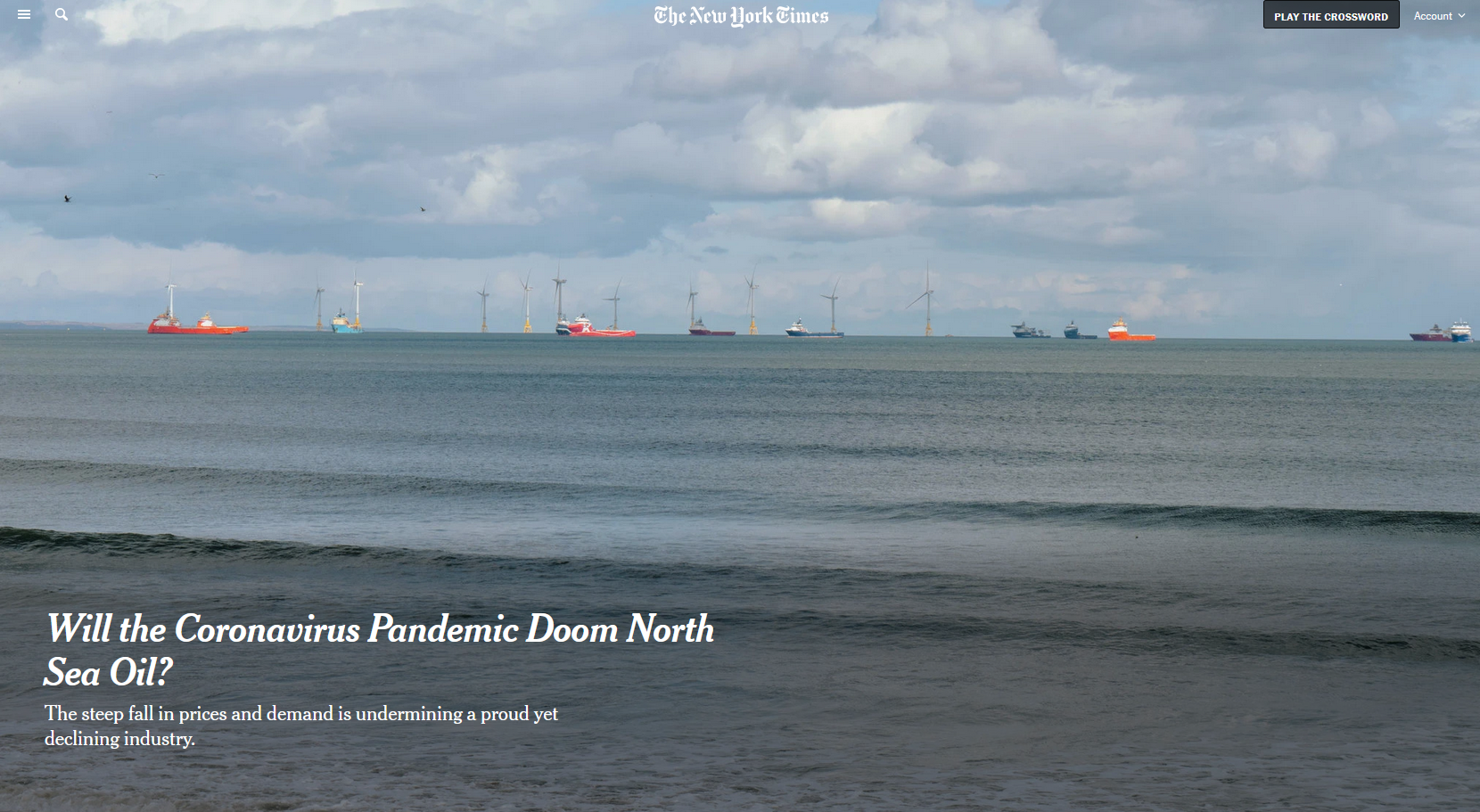
UNDER CONSTRUCTION - MOVED TO MIDDLEBORO REVIEW AND SO ON https://middlebororeviewandsoon.blogspot.com/
Wednesday, April 29, 2020
RSN: FOCUS: Jesse Jackson | Let Prisoners Go During COVID-19 Pandemic
FOCUS: Jesse Jackson | Let Prisoners Go During COVID-19 Pandemic

Jesse Jackson, The Chicago Sun-Times
Excerpt: "Inmates awaiting trial, the elderly, and those who have served much of their sentence should get early release before deaths start to soar."

Jesse Jackson, The Chicago Sun-Times
Excerpt: "Inmates awaiting trial, the elderly, and those who have served much of their sentence should get early release before deaths start to soar."
 cross the United States and across the world, prisoners are among the most vulnerable to the coronavirus. Overcrowded facilities, shortages of food and medicine, and totally inadequate testing expose prisoners who are disproportionately poor and afflicted with prior conditions that render them vulnerable to the disease.
cross the United States and across the world, prisoners are among the most vulnerable to the coronavirus. Overcrowded facilities, shortages of food and medicine, and totally inadequate testing expose prisoners who are disproportionately poor and afflicted with prior conditions that render them vulnerable to the disease.
Prisoners increasingly are protesting their conditions, objecting to being sentenced to die in prison.
Experts across the world are urging governments to reduce their prison populations swiftly. Michelle Bachelet, the United Nations high commissioner for Human Rights, warned that “The consequences of neglecting [overcrowded conditions] are potentially catastrophic.”
Many countries have begun to act. Turkey’s parliament authorized the release of 45,000 prisoners. Indonesia has released at least 30,000. Even Iran’s dictatorial regime has released roughly 85,000 detainees, while dealing harshly with those protesting the risks.
The United States locks up more people than any other country in the world, largely because of harsh and wrong-headed policies. Fifty-five thousand are detained in jail awaiting trials, too poor to pay for their freedom under the current cash bail system that is prevalent in many states.
The Prison Policy Initiative reports that 48,000 children are incarcerated on any given day. Many are charged only with “status offenses,” such as truancy or homelessness. The Health and Human Services office in charge of the custody of unaccompanied undocumented minors reports that 2,000 are locked up. The New York Times reports that 59 in custody have already tested positive for COVID-19.
In California, The Marshall Project notes, more than one in seven prisoners are over the age of 55. The percentage of those 55 and older in prison in the country has tripled over the course of this century.
As Piper Kerman, author of “Orange is the New Black,” wrote in the Washington Post, this is largely the result of prison sentences that are longer than those imposed by any other country. “Elderly probationers and parolees have some of the lowest recidivism rates of all former inmates. Releasing such people poses very low public safety risks and will have a dramatic effect on preserving public health.”
After an outbreak killed six inmates in a federal prison in Lisbon, Ohio, U.S. District Court Judge James Gwin decried the “shockingly limited” amount of testing, noting that the prison has received fewer than 100 tests, while a state prison of similar size had done about 4,000 tests. Two federal prisons in New York City reported that they had tested a total of only 19 inmates since the outbreak began; 11 were positive.
This has to change before the pandemic spreads, and prisons across the country go up in flames as prisoners’ riot against their conditions.
Inmates awaiting trial, the elderly, the afflicted, and those who have served much of their sentence should get early release, if possible quarantined at home to ensure they are safe.
The space freed up should be used to provide more “social distancing,” while emergency steps are taken to provide adequate medicine, protective equipment like masks and gloves, and food.
Correctional officials need particular priority, for they are most at risk and, if infected, could spread the virus in the local communities. And the failure to provide adequate testing in prisons and jails, as well as in society as a whole, is utterly inexcusable at this late date.
The crisis should also lead to larger reforms— drastically reducing sentences while expanding alternatives to incarceration, ending the cash bail system and the practice of locking poor people up while they await trial, expanding parole, reducing the overcrowded and primitive conditions of too many jails and prisons.
The virus is like getting hit by a club across the head. Perhaps that might help bring us to our senses.
FAIR: As Covid-19 Forces Emission Reductions, Media Offer Oil Industry Elegies
 |
|
|
|
|
New York’s presidential primary
On Monday, the New York State Board of Elections made the disgraceful and undemocratic decision to cancel their state’s presidential primary later this year.
This means that our campaign will receive no delegates from New York, weakening our ability to fight for a progressive platform and progressive rules at the Democratic Convention. It also means our voters are less likely to turn out, which will hurt progressive New York candidates who are still facing primaries.
This is an outrage, an assault on democracy and must not be allowed to stand.
While we did not have the votes to win the Democratic nomination, our campaign was suspended, not ended, because we believe that people in every state should have the right to express their preference.
Let's be clear. New York will still be holding a primary election on June 23. Voters will cast ballots for congressional candidates and other down-ballot offices but, because of the heavy-handed decision of two members of the State Board of Elections, they will not have the opportunity to vote in the presidential primary.
No one asked New York to cancel the election.
The DNC did not request it. The Biden campaign did not request it. And our campaign communicated, very strongly, that we wanted to remain on the ballot.
Given that the primary is months away, the proper response should be to make the election safe — such as moving entirely to vote by mail — rather than eliminating people’s right to vote completely.
The truth is that the New York State Democratic Party has never taken a particularly progressive approach toward democratic participation. In fact, quite the opposite. They have a very checkered pattern of voter disenfranchisement. For many years, New York has had one of the lowest rates of voter turnout in the country.
In addition to being a blow to American democracy, New York state's action is also a clear violation of the approved delegate selection plan of the Democratic National Committee.
At a time when all of us, including Joe Biden, are deeply concerned about Donald Trump’s attacks on our democracy, we must fight back against this action in New York state.
If states violate the DNC party rules regarding delegate selection, they can lose their ability to send delegates to the convention. And this is exactly what must be done.
If this outrage is not remedied, the Democratic National Committee must strip New York of all its delegates at the 2020 Democratic National Convention. New York, and every other state in this country, must understand they cannot violate the rules of the DNC with impunity.
While the New York State Democratic Party is trying to take away progressive voices in this election, we are asking you to make yours heard:
Sign our petition: tell DNC Chairman Tom Perez to strip New York state of its convention delegates unless they reinstate the Democratic presidential primary slated to take place later this year.
Thank you for standing up for democracy and thank you for making your voice heard on this important issue.
All our best,
Team Bernie

Paid for by Friends of Bernie Sanders
PO BOX 391, Burlington, VT 05402
RSN: Paul Krugman | Peacocks and Vultures Are Circling the Deficit
We are starting to see some donations come in. Thank you. We are a long way from where we need to be. I deeply regret that we have to go to these extraordinary lengths to pull in minimal financing. I sincerely believe that is misguided.
If RSN is a place you would like to be, start thinking seriously about what it takes to maintain it.
Wishing us luck.
Marc Ash
Founder, Reader Supported News
Founder, Reader Supported News
If you would prefer to send a check:
Reader Supported News
PO Box 2043
Citrus Hts, CA 95611
Reader Supported News
PO Box 2043
Citrus Hts, CA 95611
Paul Krugman | Peacocks and Vultures Are Circling the Deficit

Paul Krugman, The New York Times
Krugman writes: "The only fiscal thing to fear is deficit fear itself."
 lmost a decade has passed since I published a column, “Myths of Austerity,” warning that deficit alarmism would delay recovery from the Great Recession — which it did. Unfortunately, that kind of alarmism seems to be making a comeback.
lmost a decade has passed since I published a column, “Myths of Austerity,” warning that deficit alarmism would delay recovery from the Great Recession — which it did. Unfortunately, that kind of alarmism seems to be making a comeback.
READ MORE

Paul Krugman, The New York Times
Krugman writes: "The only fiscal thing to fear is deficit fear itself."
 lmost a decade has passed since I published a column, “Myths of Austerity,” warning that deficit alarmism would delay recovery from the Great Recession — which it did. Unfortunately, that kind of alarmism seems to be making a comeback.
lmost a decade has passed since I published a column, “Myths of Austerity,” warning that deficit alarmism would delay recovery from the Great Recession — which it did. Unfortunately, that kind of alarmism seems to be making a comeback.
You can see that comeback in the gradually increasing number of news analyses emphasizing how much debt we’ll run up dealing with the Covid-19 crisis. You can also see it in the rhetoric of politicians like Mitch McConnell, the Senate majority leader, who is blocking aid to beleaguered state and local governments because, he says, it would cost too much.
So this seems like a good time to emphasize two key facts. One is economic: While we will run very big budget deficits over the next couple of years, they will do little if any harm. The other is that whatever they may say, very few prominent figures in politics or the media are genuine deficit hawks, who are actually worried about the consequences of rising government debt. What we mainly have, instead, are deficit peacocks and deficit vultures.
READ MORE

The U.S. has far more COVID-19 cases than any other country. (photo: Charles Krupa/AP)
US Reaches One Million Confirmed Coronavirus Cases
Lynsey Jeffery, NPR
Jeffery writes: "More than 1 million cases of COVID-19 have been diagnosed in the U.S., marking a grim milestone in the country with the most reported coronavirus infections in the world, according to data compiled by Johns Hopkins University."
READ MORE
Lynsey Jeffery, NPR
Jeffery writes: "More than 1 million cases of COVID-19 have been diagnosed in the U.S., marking a grim milestone in the country with the most reported coronavirus infections in the world, according to data compiled by Johns Hopkins University."
READ MORE

Rep. Alexandria Ocasio-Cortez at a campaign rally for Sen. Bernie Sanders at Venice Beach, Calif. (photo: Monica Almeida/Reuters)
ALSO SEE: New York Board of Elections Cancels
Democratic Presidential Primary
Ocasio-Cortez Blasts New York Elections Board for Canceling Presidential Primary
Rebecca Klar, The Hill
Klar writes: "Ocasio-Cortez challenged the notion that the decision was made with public health in mind, noting that the state is still holding down ballot elections the same day."
READ MORE
Rebecca Klar, The Hill
Klar writes: "Ocasio-Cortez challenged the notion that the decision was made with public health in mind, noting that the state is still holding down ballot elections the same day."
READ MORE

Immigration advocates rally for against ICE. (photo: NURPHOTO)
Trump Threatens to Cut State Coronavirus Aid Over "Sanctuary City" Immigration Policies
Tom Porter, Business Insider
Porter writes: "President Donald Trump on Tuesday said he might withhold federal coronavirus aid from any states refusing to comply with his administration's immigration policies."
READ MORE
Tom Porter, Business Insider
Porter writes: "President Donald Trump on Tuesday said he might withhold federal coronavirus aid from any states refusing to comply with his administration's immigration policies."
READ MORE

New York City. (photo: Vice)
New York City Tenants Want the State to Cancel Their Rent. So They're Going on Strike.
Emma Ockerman, VICE
Ockerman writes: "Thousands of tenants in New York City are about to embark on the city's largest rent strike in decades."
READ MORE
Emma Ockerman, VICE
Ockerman writes: "Thousands of tenants in New York City are about to embark on the city's largest rent strike in decades."
READ MORE

Hong Kong government CIO Victor Lam Wai-kiu shows a monitoring wristband for people under quarantine during a press conference on March 25. (photo: Li Zhihua/China News Service/Getty Images)
The Successful Asian Coronavirus-Fighting Strategy America Refuses to Embrace
Matthew Yglesias, Vox
Excerpt: "Other countries have had better results putting sick people into isolation instead of sending them home to potentially infect their family."
READ MORE
Matthew Yglesias, Vox
Excerpt: "Other countries have had better results putting sick people into isolation instead of sending them home to potentially infect their family."
READ MORE

The Arctic. (photo: iStock)
Record Ozone Hole Over the Arctic Has Closed
Jordan Davidson, EcoWatch
Davidson writes: "An unusual phenomenon happened in March and April when an enormous hole in the ozone layer formed over the Arctic. Last week, though, scientists tracking the hole noticed that it has closed."
Jordan Davidson, EcoWatch
Davidson writes: "An unusual phenomenon happened in March and April when an enormous hole in the ozone layer formed over the Arctic. Last week, though, scientists tracking the hole noticed that it has closed."
EXCERPT:
 n unusual phenomenon happened in March and April when an enormous hole in the ozone layer formed over the Arctic. Last week, though, scientists tracking the hole noticed that it has closed, as CNN reported.
n unusual phenomenon happened in March and April when an enormous hole in the ozone layer formed over the Arctic. Last week, though, scientists tracking the hole noticed that it has closed, as CNN reported.
Unlike the infamous hole in the ozone over Antarctica, which was caused by overuse of now illegal chemicals containing chlorofluorocarbons, the hole in the Arctic was caused by a combination of factors, including low Arctic temperatures, sunlight, pollutants and a particularly strong polar vortex, according to the Copernicus' Atmospheric Monitoring Service (CAMS), as CNN reported.
"These two are really different animals," said Paul Newman, the chief scientist in the Earth Sciences Division at NASA's Goddard Space Flight Center, as Mashable reported. "This [Arctic ozone hole] is not comparable to the Antarctic ozone hole. If this was happening over the Antarctic we would be shouting for joy."
The hole over Antarctica opens up every year from August until October. However, it has improved dramatically since ozone-depleting chlorofluorocarbons were banned in the 1994 Montreal Protocol. Last year, the Antarctic ozone hole was at its smallest since it was first discovered, as CNN reported.
While the COVID-19 lockdowns have improved air quality around the world and helped wildlife, the drops in pollution did not cause the ozone hole to close up.
"COVID19 and the associated lockdowns probably had nothing to do with this," CAMS said on Twitter. "It's been driven by an unusually strong and long-lived polar vortex, and isn't related to air quality changes."
The hole in the ozone above the Arctic started in March when unusual conditions trapped cold air over the North Pole for several weeks in a row. That triggered a circle of cold air, known as a polar vortex, which led to clouds high in the atmosphere. Those clouds interacted with pollutants from human emissions and depleted the ozone gases above the Arctic. The hole it opened up was roughly three times the size of Greenland.
The ozone layer, which sits between 9 and 22 miles from the earth's surface, shields the planet from the sun's damaging ultraviolet radiation. The hole above the Arctic would have only posed a threat to humans if it had traveled or expanded farther south, as Euronews reported.
"It's unusual but not unexpected," said Newman, of the recent Arctic ozone hole, to Mashable. "It's unusual in that we only have events like this about once per decade."
In 1997 and 2011, there were similar ozone depletions of the Arctic, according to Antje Innes, a senior scientist at the European Union's Copernicus Atmosphere Monitoring Service, who spoke to Mashable. However, the extent of ozone depletion was far greater during this one.
Scientists insist it is too early and too rare to say if the recent ozone depletion portends a new trend. "From my point of view, this is the first time you can speak about a real ozone hole in the Arctic," said Martin Dameris, an atmospheric scientist at the German Aerospace Center, to Nature.
Subscribe to:
Comments (Atom)
-
04 April 23 Live on the homepage now! Reader Supported News Dahlia Lithwick | Let Donald Trump Cry It Out Dahlia Lithwick, Slate Lithwic...
-
A Democrat in the Wilderness Wow! That must have really got him mad!!! I Love it! ...
-
Israel on the Brink as Ultra-Orthodox Exemption from Military Service is Set to End Oakland, Ca. (Special to Informed Comment; Featured) –...






